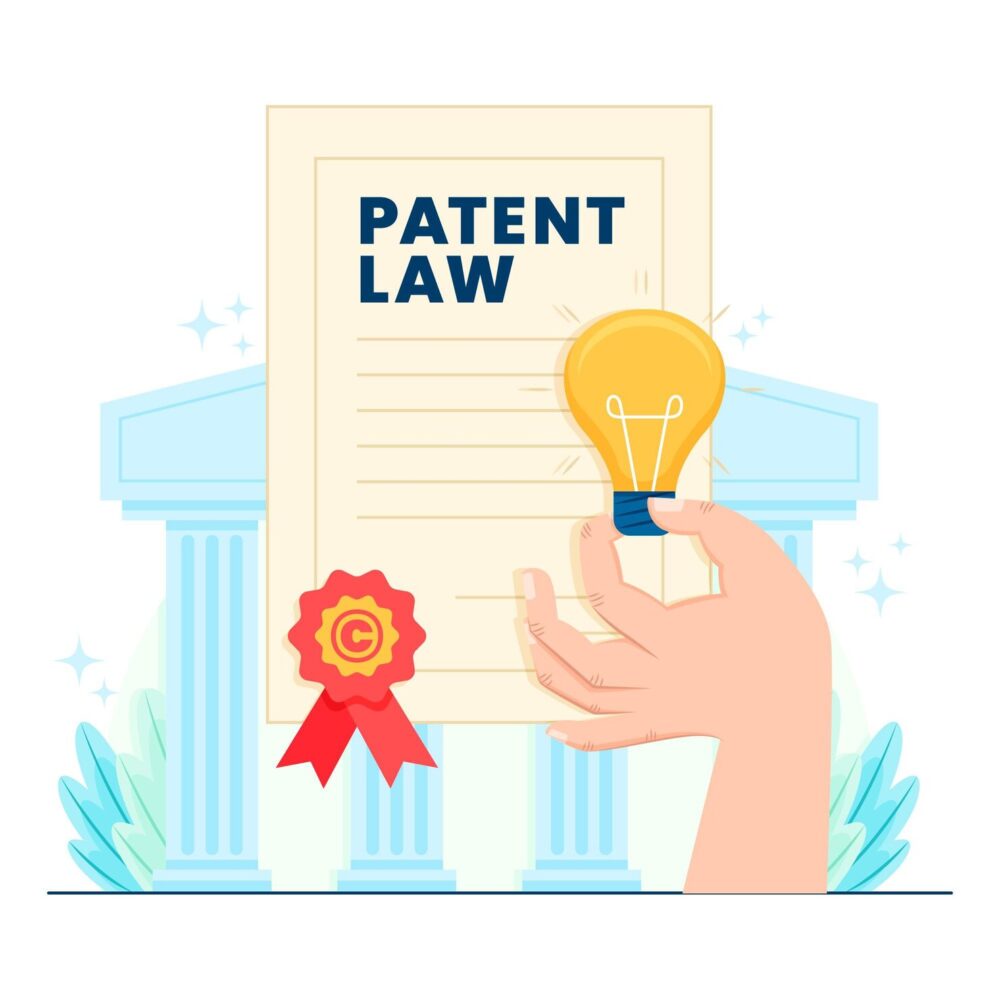“From domain name speculation to trademark speculation” – https://thesaigontimes.vn/tu-dau-co-ten-mien-den-dau-co-nhan-hieu/ has been regulated by law. It can be said that the phenomenon of trademark speculation in recent times has caused many disputes and conflicts, creating an unhealthy competitive environment in Vietnam. This seriously affects the foreign investment attraction activities, where multinational corporations and foreign enterprises planning to invest in Vietnam have to step back or face potential trademark disputes. This forced Vietnamese law to have a regulatory mechanism.

Accordingly, the Law No. 07/2022/QH15 amending and supplementing a number of articles of the Law on Intellectual Property, effective from January 1, 2023 (“Amended IP Law 2022”), has introduced new regulations on “invalidation of trademark protection titles due to bad faith” to enhance the effectiveness of the trademark protection mechanism. In addition, it also fulfills Vietnam’s commitments in international treaties of which Vietnam is a member, such as CPTPP, EVFTA, etc. To be specific:
1. Regarding the change in law regulations
Before the amendment of the IP Law 2022, the IP Law 2005 provided only two cases where a protection title is entirely invalidated, as in Article 96, Clause 1: “a) The registration applicant has neither had nor been assigned the right to register an invention, industrial design, layout-design or mark; b) The subject matter of industrial property fails to satisfy the protection conditions at the time the protection title is granted.” According to this, to invalidate a trademark protection title registered for speculative purposes, the Intellectual Property Office relies on Clause 2 and Clause 7 of Article 87 of the IP Law 2005 and Clause 1 of Article 96 as the basis for invalidation. Here is how it can be explained:
- Clause 2 of Article 87, IP Law1: The trademark registration applicant (an individual or organization commercially trading a product on the market) does not have the right to register because the manufacturer, who directly uses the trademark for such product, opposes such registration.
- Clause 7 of Article 87, IP Law2: The trademark registration applicant (the representative or agent of the owner of a trademark already protected in a country that is a member of an international treaty to which Vietnam is a member) does not have the right to register the trademark without the consent of the trademark owner.
This regulation significantly limits cases of trademark speculation, unfair and dishonest competition, such as: registering a trademark not for commercializing the product but for reselling, registering a confusingly similar trademark to mislead consumers, etc.
Accordingly, the Amended IP Law 2022 introduces the case for invalidation of a protection title in Point a, Clause 1 of Article 96 as follows: “1. A protection title shall be wholly invalidated in the following cases: a) The applicant registers the mark in bad faith;”
Besides the invalidation of already issued titles because the trademark registration is applied in bad faith, the actual trademark owner can also oppose the grant of the title with the same reason, as specified in Point b, Clause 1 of Article 117 of the Amended IP Law 2022: “1. The grant of a protection title for an […] mark […] shall be refused in the following cases: b) There are grounds to believe that the applicant does not have the right to register subject matters of industrial property or registers the mark in bad faith;”
2. What is “bad faith” and why is this term added?
The addition of the legal term “bad faith” aims to address limitations from the “first-to-file” principle and prevent trademark speculation. As discussed in the article “From domain name speculation to trademark speculation,” the “first-to-file” principle allows granting protection titles to the earliest applicant regardless of their actual production, commercial, or service provision. This leads to many people meeting the protection conditions, but the actual registration right does not belong to them due to dishonest acts and bad faith of the applicant.
To date, there has been no detailed legal definition of “bad faith.” However, it is understood that this definition encompasses cases from the IP Law 2005 and expands to other situations. Certainly, in the future, there must be a sub-law document, such as a decree or a circular, to define and set criteria to determine what constitutes “bad faith” as a basis for resolving speculative acts and ongoing disputes.
Therefore, “bad faith” will become an important tool for the actual trademark owners to prevent the abuse of the “first-to-file” principle and protect their trademarks from being appropriated.
Disclaimers:
This article is for general information purposes only and is not intended to provide any legal advice for any particular case. The legal provisions referenced in the content are in effect at the time of publication but may have expired at the time you read the content. We therefore advise that you always consult a professional consultant before applying any content.
For issues related to the content or intellectual property rights of the article, please email cs@apolatlegal.vn.
Apolat Legal is a law firm in Vietnam with experience and capacity to provide consulting services related to Intellectual Property Rights and contact our team of lawyers in Vietnam via email info@apolatlegal.com.




































